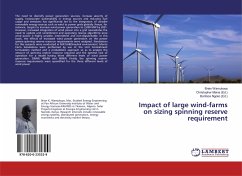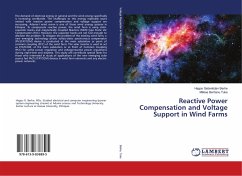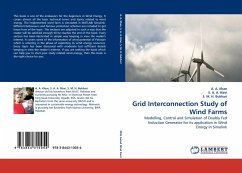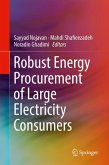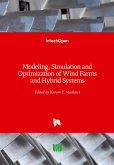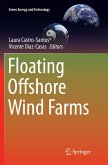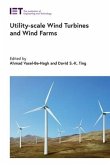The need to diversify power generation sources, increase security of supply, incorporate sustainability in energy sources and reducing fuel usage and emissions has significantly led to the integration of variable renewable energy sources such as wind to power grids globally. Kenya, for instance, targets to increase wind power generation to 2,000 MW by 2031. However, increased integration of wind power into a grid necessitates the need to update unit commitment and operating reserve algorithms since wind power is highly variable, intermittent and non-dispatchable. In this book, the effects of increased wind power generation on the power system spinning reserve resource requirements were analyzed. Simulations for this research were conducted in MATLAB/Simulink environment. Monte Carlo Simulations were performed by use of the Unit Commitment formulation method and a probabilistic approach so as to analyze the amount of spinning reserve resource required and the optimal cost of operation for a model having three different levels of wind power generation: 20MW, 40MW and 60MW. Finally, the spinning reserve resource requirements were quantified for the three different levels of wind power

